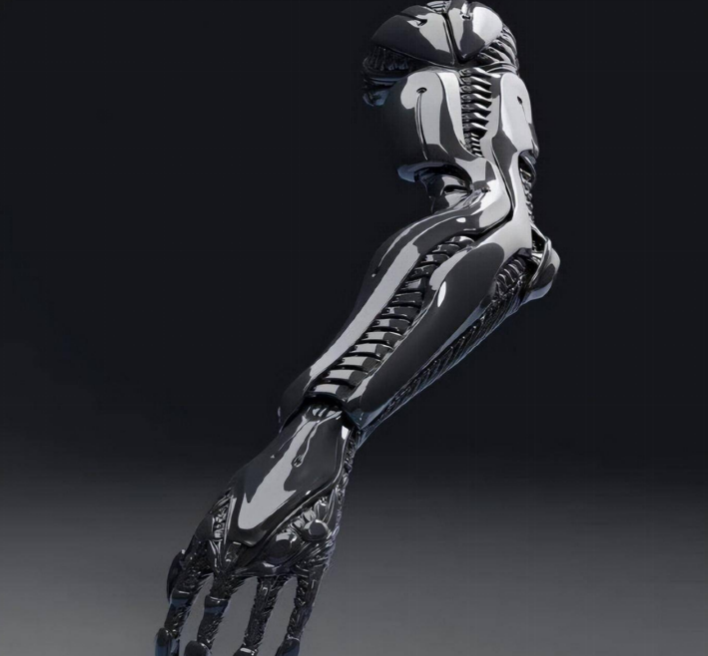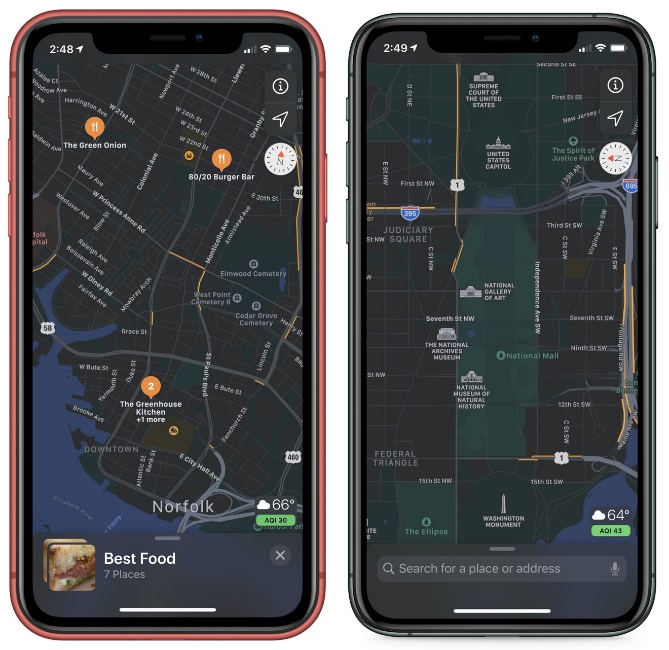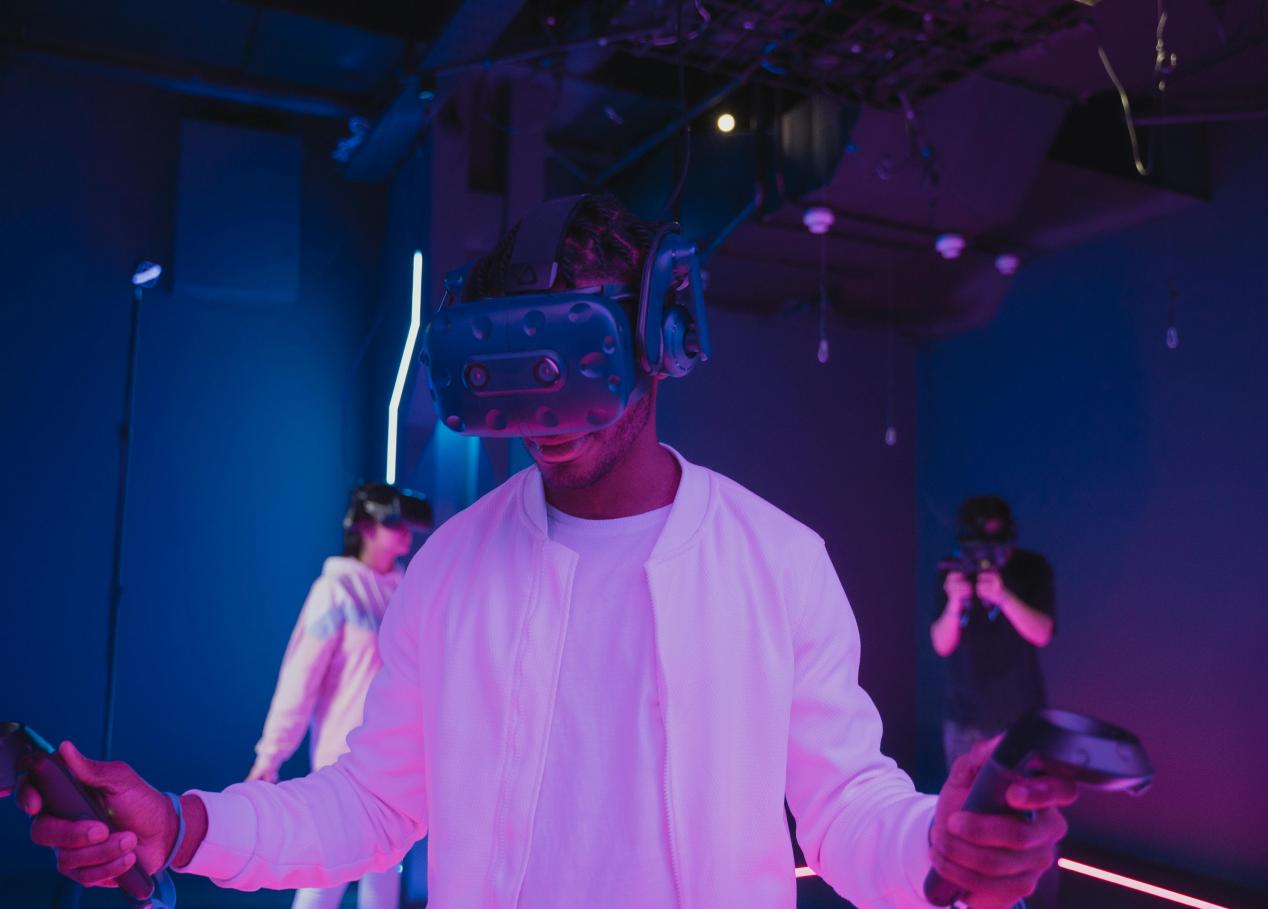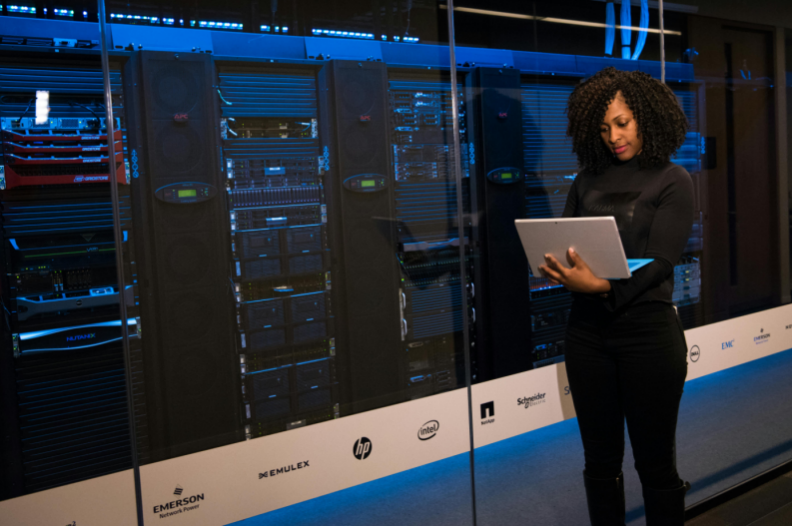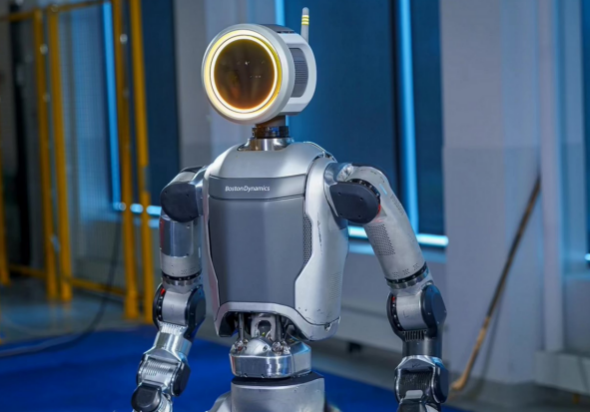Can Al Really Fake It? Will Humans Be Deceived by Al?
Friends, imagine you're casually scrolling through your social media feed when you suddenly see a post from your favorite celebrity announcing an upcoming concert in your city! Excited, you click on the link to grab tickets, only to find that they re already sold out, with only overpriced "exclusive tickets" left. After considerable deliberation, you choose to purchase one because such possibilities are uncommon! However, when you arrive at the concert venue, you're told there is no such performance at all. At that point, you realize that you have been duped by a phony message that Al created.
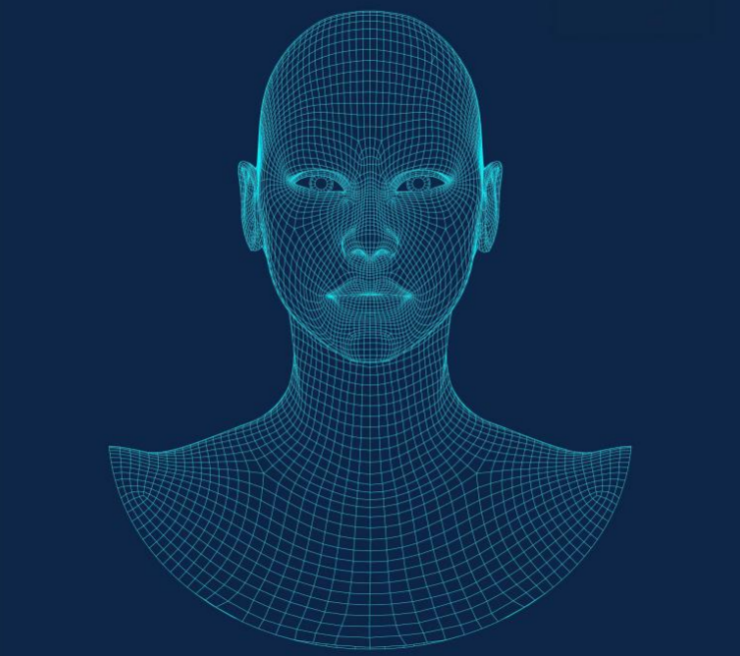
This isn't an over-exaggeration; Al-generated fakes are no longer a plot from science fiction movies they're happening right around us. From incredibly realistic
"deepfake" videos, to Al-generated articles that can fool even professional editors, to Al voice synthesis that can mimic anyone's voice, Al deception technology is evolving at an astonishing speed, making it almost impossible to guard against. Just like the eerie "rebels" in movies, Al is quietly starting its "resistance" without us noticing. If forgery used to be a time-consuming manual task, AI has now ushered it into an "industrial age." What used to take a lot of time and effort to fake can now be done in a flash with a few keystrokes— just input a few keywords, and Al can generate convincing fake content in no time. For example, if you wanted to forge a bank deposit certificate, you simply imput your personal information and deposit amount mto an Al software, and it can generate a document that looks exactly like the real thing, even mimicking the bank's seal and signature. Or, if you wanted to fake a celetrity's voice, you could provide Al with a sample of the celebrity's voice, and it could leam and mimic their tone to say anything you want them to.
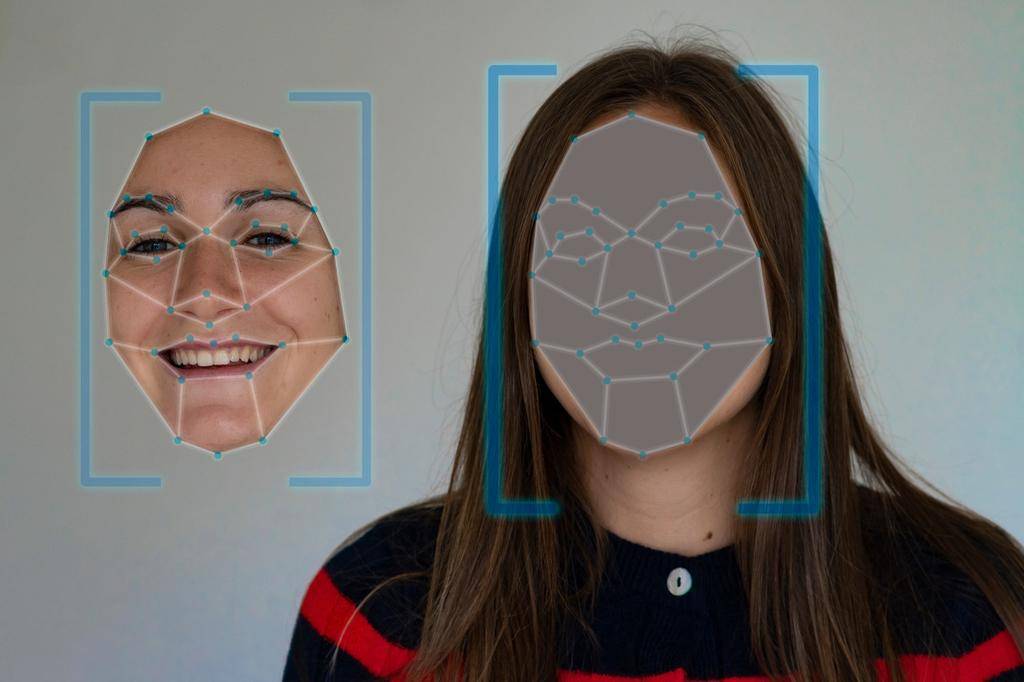
With such powerful Al forgery technology, will humans be tricked by Al? The answer is yes, and this has already happened. Recently, someone reported being scammed when Amy, at home, received a video call from her husband David, who was supposedly on a business trip abroad. He told her that he had been robbed and was now penniless, asking her to urgently send money. Amy, anxious about her husband being stranded abroad, immediately transferred money to the bank account David provided. Not long after hanging up, Amy received another call from David, who was happily saying he had just landed and everything was fine. Amy was confused by the drastic difference in his two calls, and after talking it over, she realized the first call hadn't been from her real husband, David, Realizing she had been scammed, Amy reported it to the police.
The scammer had used Al to create a virtual version of David based on social media data, mimicking his voice, tone, and facial expressions to carry out the scam. As AI technology continues to evolve, we may see even more complex Al scams, and the challenges humans face will become even more severe. However, we are not defenseless against deception created by Al. The following advice will help you guard against AI deception:
- Stay alert and be skeptical. Don't easily trust information you see online, especially when it involves money, privacy, or personal matters. Always verify the authenticity of information from multiple sources, and don't blindly believe that "seeing is believing."
- Leam to recognize Al-generated fakes. Familiarize yourself with common AI forgery methods like deepfäkes and Al voice synthesis, and leam how to identify these fake contents.
- Strengthen technological defenses. Use software or tools that can detect Al-generated fakes, such as deepfake detection tools and Al voice recognition tools.

While we enjoy the convenience Al brings, we may also fall into its dangerous traps.
Al can be utilized for educational and entertaining purposes, but it can also be exploited for scams and rumors. It's important to guard against the risks it poses. Only by doing so can we make the most of Al without being taken advantage of by it.
(Writer:Dirick)

